Polyhedra RDBMS

Polyhedra RDBMS: Open-Source Relational Database
A highly available and scalable relational database management system for cloud and distributed applications, featuring multi-master replication, automatic failover, and sharding capabilities.
What is Polyhedra RDBMS?
Polyhedra is an open-source relational database management system developed by Polyhedra Database Limited. It is designed for high availability and scalability in cloud and distributed environments.
Some key features of Polyhedra include:
- Multi-master replication - Allows multiple nodes to concurrently accept write operations while continuously replicating to other nodes
- Automatic failover - If the master node goes down, another node is automatically promoted to be the new master with minimal downtime
- Sharding - Ability to horizontally partition data across multiple nodes to support massive datasets and high throughput
- SQL support - Supports standard SQL for defining schemas, querying data, and managing the database
- Transparent data sharding - Shards data automatically while allowing applications to query as if the data was in one logical database
Polyhedra is well-suited for global applications requiring 24/7 uptime with no single point of failure. Its automatic management of replication and failover reduces operational complexity for developers. It can scale horizontally across inexpensive commodity hardware to support heavy write loads.
Polyhedra RDBMS Features
Features
- Multi-master replication
- Automatic failover
- Sharding capabilities
- ACID transactions
- SQL support
- JSON support
- Key-value storage
- Horizontal scalability
Pricing
- Open Source
Pros
Cons
Official Links
Reviews & Ratings
Login to ReviewThe Best Polyhedra RDBMS Alternatives
Top Development and Databases and other similar apps like Polyhedra RDBMS
Here are some alternatives to Polyhedra RDBMS:
Suggest an alternative ❐SQLite
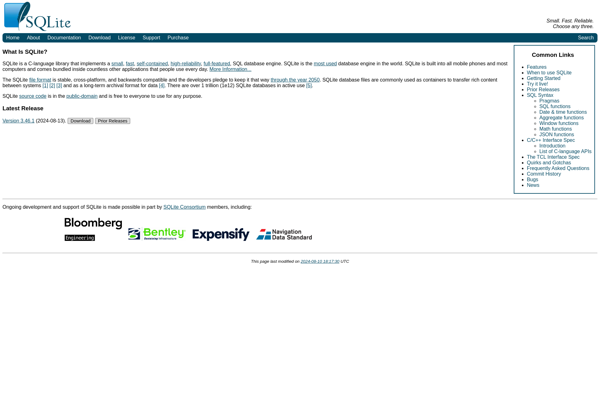
MongoDB
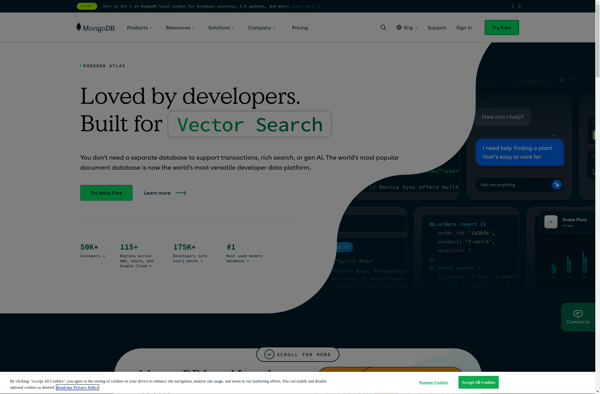
PostgreSQL
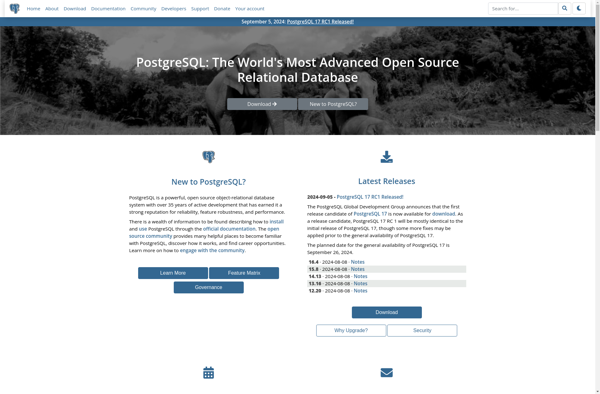
MySQL Community Edition
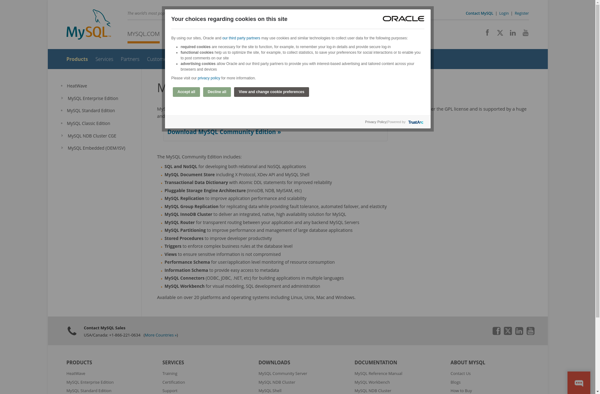
MariaDB
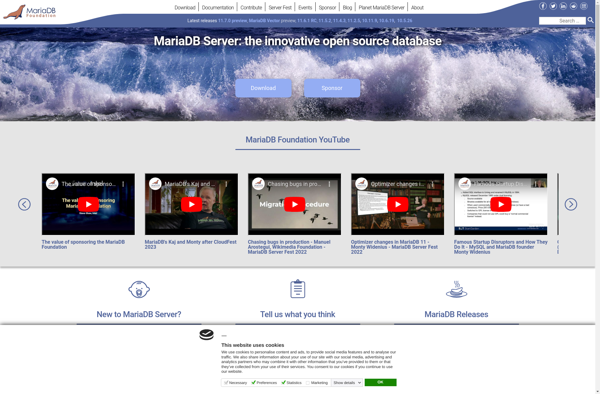
CouchDB
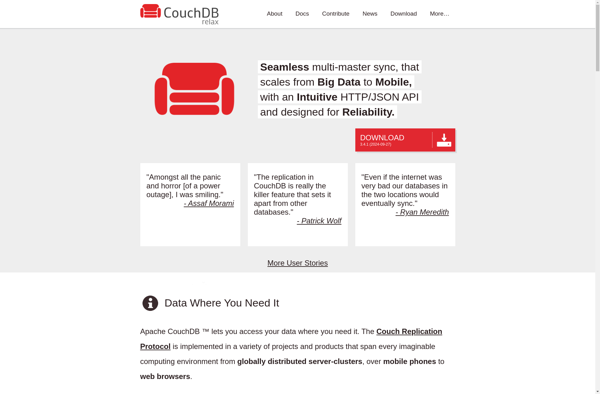
Microsoft SQL Server
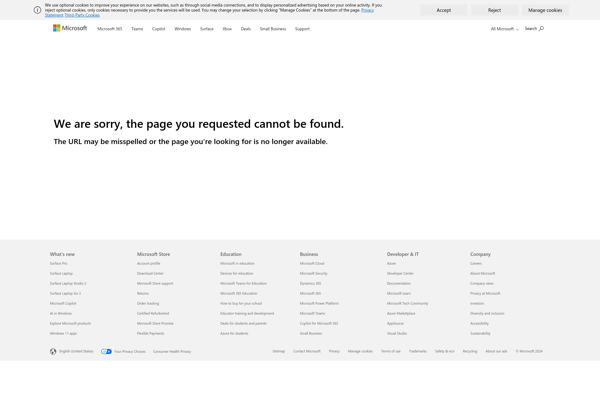
RethinkDB

Azure Cosmos DB
